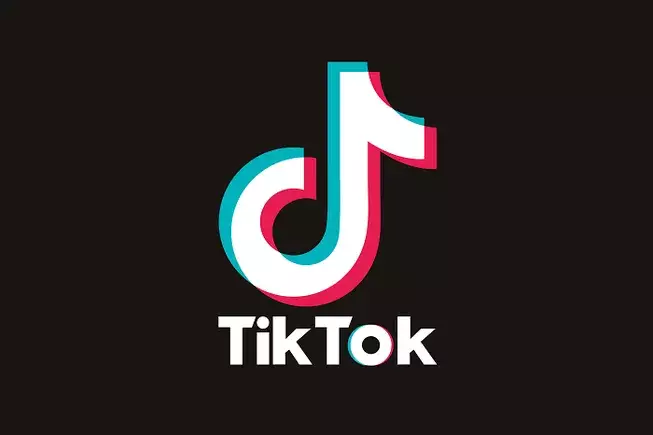As discussions regarding TikTok’s future in the United States continue, the social media platform has found its way back into both the Google Play and Apple App stores. This reinstatement came after assurances were given that neither company would face penalties for offering access to what has essentially been a banned application. Under the “Protecting Americans from Foreign Adversary Controlled Applications Act,” TikTok was mandated to transition ownership to a U.S. entity by January 19th. Failure to do so raised the specter of a ban, which had many users anxiously awaiting the outcome. However, with the presidential change on January 20th, former President Trump signed an executive order extending the deadline by an additional 75 days. This extension has far-reaching implications not only for TikTok’s future but also for the ongoing relationship between tech companies and government regulations.
A significant factor in TikTok’s renewed accessibility lies in the clear legal guidance recently conveyed by Attorney General Pam Bondi. By establishing that Apple and Google would not be penalized for allowing the app to remain downloadable, a framework has been created that supports TikTok’s operations in the U.S. for at least the next couple of months. This legal clarity was crucial, as tech giants often tread cautiously in politically contentious waters, particularly when it concerns apps linked to foreign entities. While Oracle had previously maintained its backing for TikTok, other players in the tech ecosystem were more hesitant, leading to its temporary removal from stores—an act indicative of the pervasive uncertainties surrounding the app’s future.
Under the Trump administration’s guidance, discussions regarding a potential deal for TikTok have been ongoing with various major tech companies including Oracle, Microsoft, and even Amazon. There were hints that any prospective agreement might involve the U.S. government taking an ownership stake, representing an unprecedented shift in how foreign tech operations are managed within American borders. However, any such arrangement would require the approval of the Chinese government, whose policies and interests could complicate matters significantly. ByteDance, TikTok’s parent company, has been engaged in strategizing a compromise that could appease both U.S. demands and Chinese regulations, highlighting the intricate web of international business and politics that defines the app’s status.
Though TikTok’s reinstatement offers a temporary reprieve, clarity on its long-term future remains elusive. Despite Trump’s expressed fondness for the app—evidenced by his significant follower base—the underlying regulations and potential political fallout continue to loom. The public’s reaction to government intervention in such private businesses also influences the narrative, as many users remain drawn to TikTok’s unique appeal despite the political tension surrounding it. As the deadline for firm negotiations (75 days from the executive order) approaches, the spotlight is on how all parties involved will navigate this complex landscape.
As things stand, TikTok is once again a part of the American digital landscape, but the assurance of its permanence hangs in precarious balance. The intertwining of technology, business interests, and governmental ultimatum creates a narrative rife with unpredictability. This situation presents a crucial challenge not only for TikTok but for the broader landscape of how foreign apps are managed in the U.S., setting precedents that could define future tech policies. For users, the immediate takeaway remains gratitude for access to the platform, yet vigilance is warranted as discussions unfold in the background, possibly leading to changes that could reshape the very essence of how TikTok operates within the United States. The coming weeks will likely be pivotal for TikTok, and the world will be watching closely.

